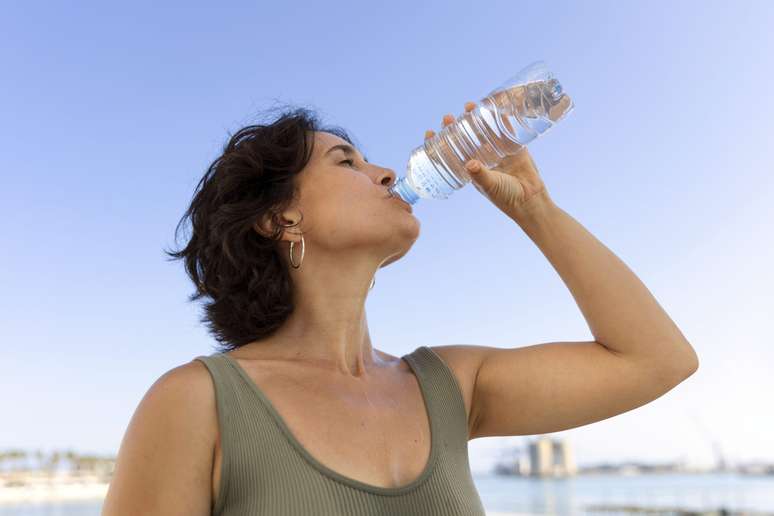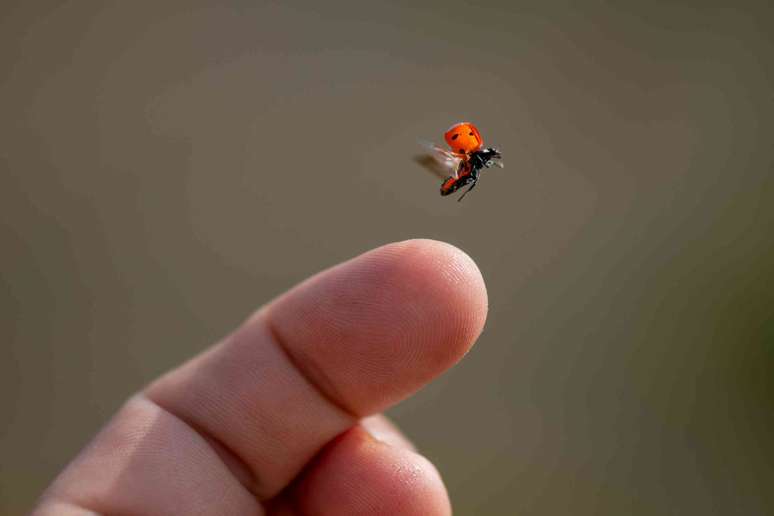The slightest perception of thirst in winter makes many people spend – or until all day – without drinking water
The specialist warns the dangers of silent dehydration and teaches to maintain ideal hydration even on cold days
With the arrival of winter, the sensation of thirst decreases, but the risks for kidneys increase. Dehydration, although more common in summer, becomes a silent problem in the cold months, when water consumption drops dramatically without people noticing it. According to the nephrologist Dr. Bruno Piubelli of Fenix’s Nephrology, this habit can seriously compromise renal function.
“The slightest perception of thirst in winter causes many people to spend hours – or even all day – without ingesting water. This reduces the urinary volume, overloads the kidneys and facilitates the concentration of toxins in the body and can evolve into serious paintings”, explains the expert.
Between 2000 and 2015, a study stressed that the increase of only 1 ° C at the average average temperature of hospital hospitalizations increased for renal disease in Brazil by almost 1%, for a total of over 200,000 heat related cases. In the cold, although the symptoms require more time, the impact can also be serious.
Notes of kidneys also for alcohol consumption
In addition to the low intake of liquids, excessive alcohol consumption is another risk factor. Alcohol increases loss of liquids and can lead to dehydration, acute kidney lesions and even renal failures in extreme cases. When combined hypertension or inadequate use of medicines, the effects are even more dangerous.
According to the Brazilian society of Nephrology, about 10 million Brazilians live with a certain degree of chronic renal disease (CKD) and 150,000 already depend on the heater. The cure must be constant and prevention begins with simple attitudes.
How much should I drink water?
Dr. Bruno Piubelli teaches a simple calculation: multiply the body weight by 35 ml to find out how much water you should consume per day. Example: A 62 kg person should drink about 2,170 ml (or 2.2 liters) per day. “Even in the cold, our kidneys work intensely to filter the blood and eliminate toxins. Water is essential for this process. Hydration is a small gesture, but with great impact on health,” says the expert.
Tips to maintain hydration in the cold:
- Drink water at regular intervals, even without thirst.
- Have a bottle nearby and create alarms or reminder.
- Include natural tea without sugar as hydration allies.
- Avoid excess salt, alcohol and ultra -elaborate foods.
- Do routine exams and look for a nephrologist in case of family history.
Prevention is the best medicine – and begins with a glass of water.
Source: Terra
Rose James is a Gossipify movie and series reviewer known for her in-depth analysis and unique perspective on the latest releases. With a background in film studies, she provides engaging and informative reviews, and keeps readers up to date with industry trends and emerging talents.






